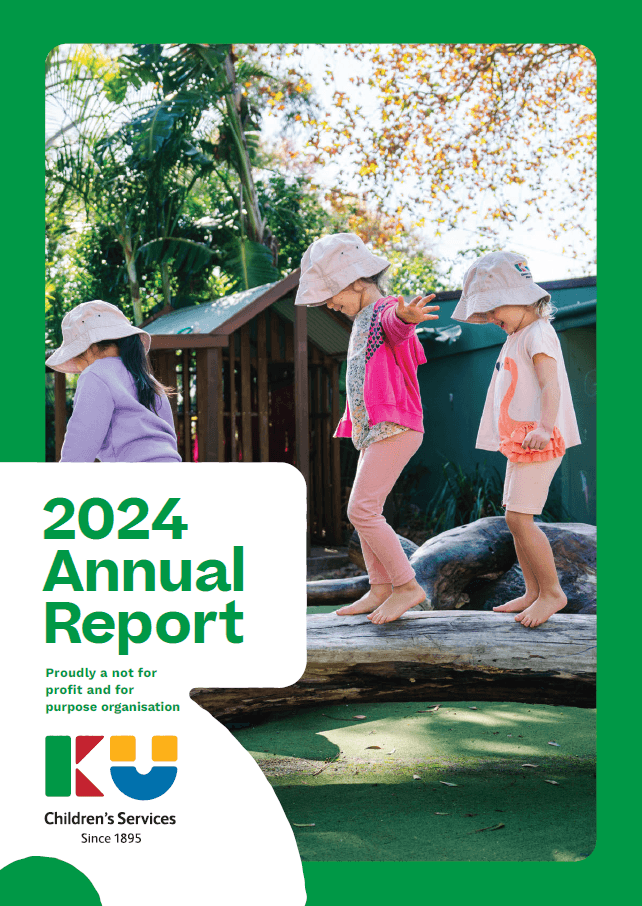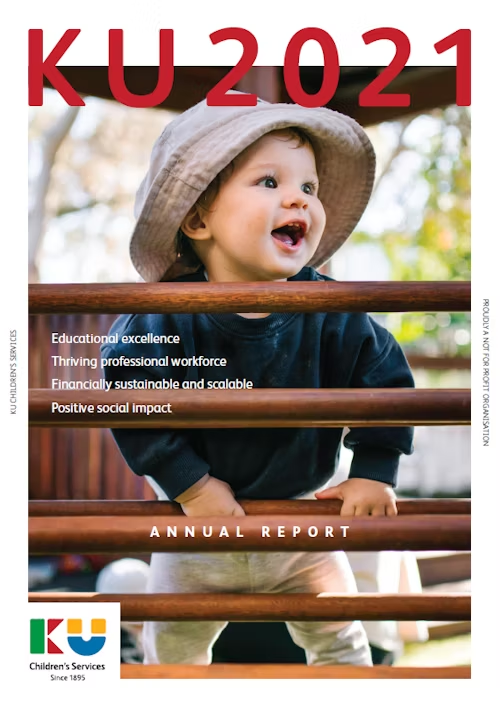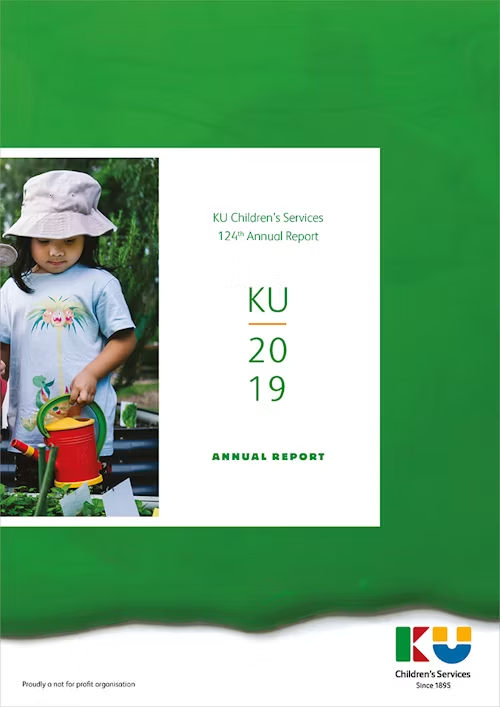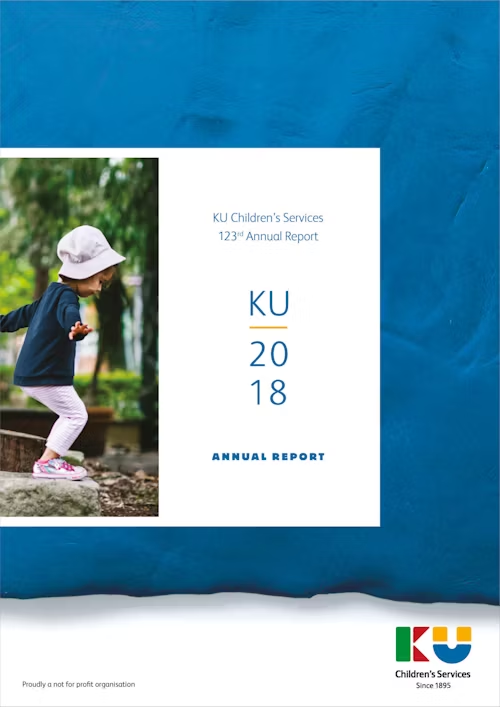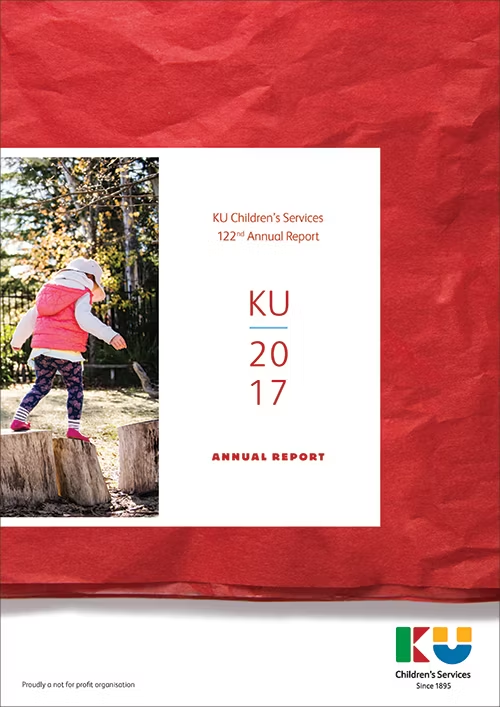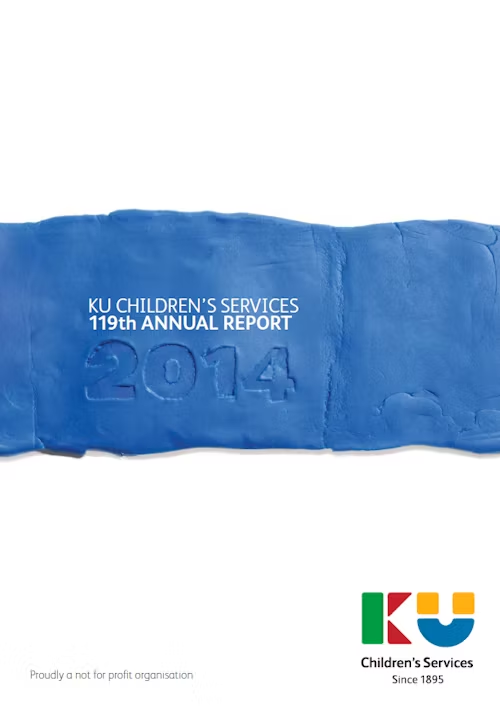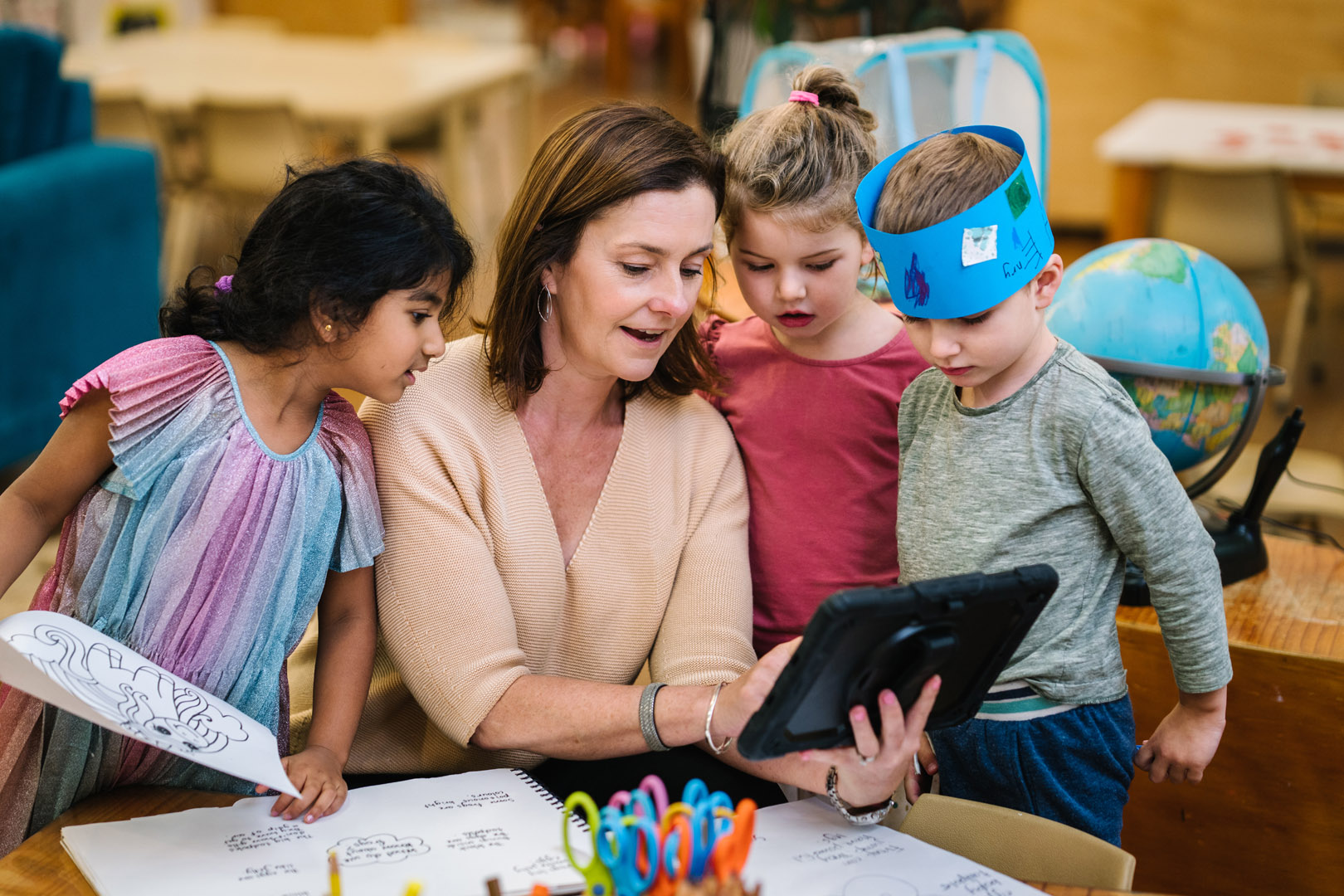
Annual reports
Explore KU's current and past annual reports which offer an overview of our achievements, progress and financial performance each year.
Latest annual report
As we reflect on the past twelve months, we celebrate our achievements, growth and the continued implementation of our 2023-2025 Strategic Plan.

